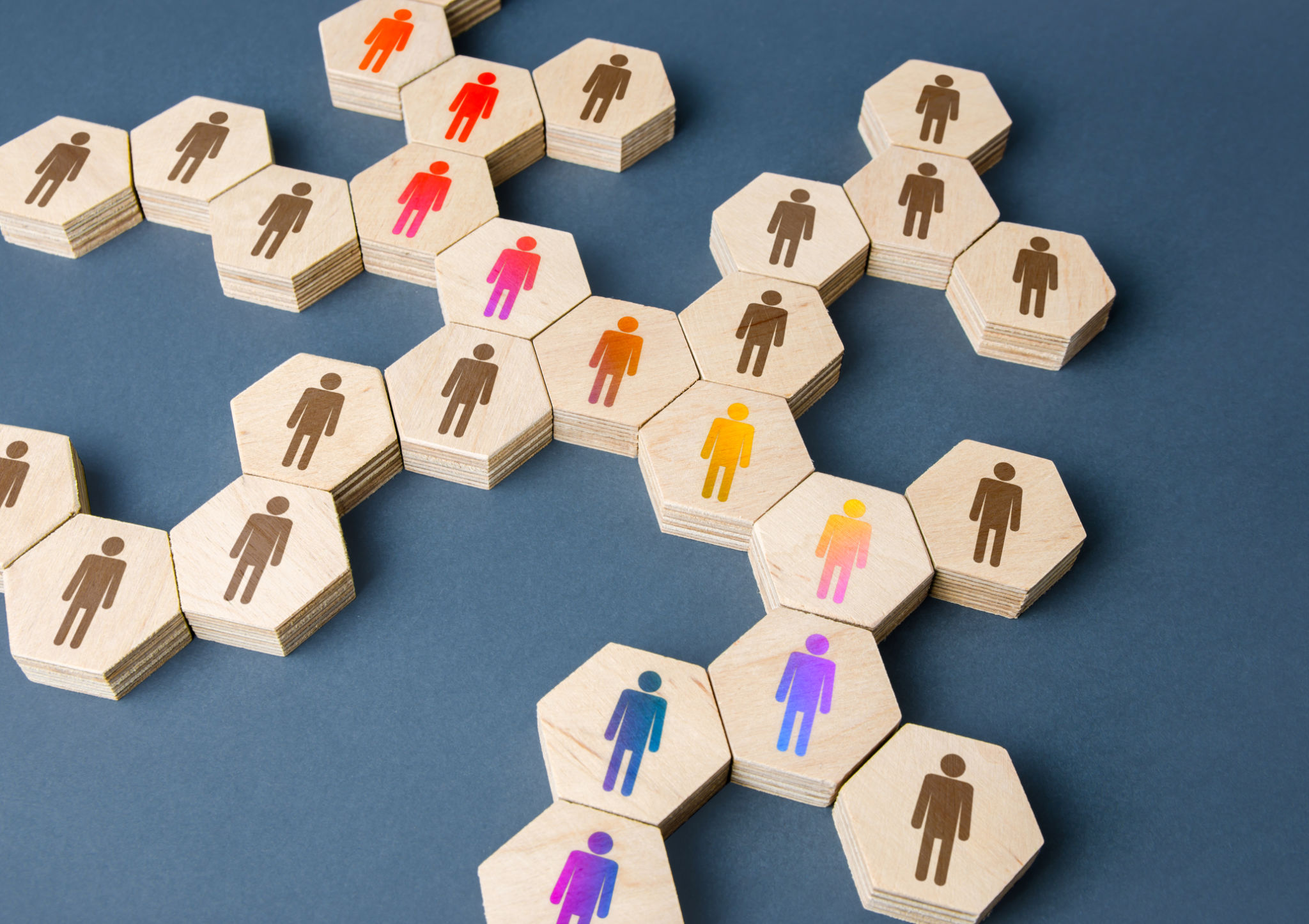Best Practices for Collaborating with Social Development Agencies
Understanding the Role of Social Development Agencies
Social development agencies play a crucial role in improving the quality of life for communities and individuals. They work on a range of issues, from poverty alleviation to education and healthcare support. Collaborating with these agencies can amplify the impact of your projects and initiatives.
By understanding the specific goals and objectives of a social development agency, you can tailor your approach to ensure alignment and maximize the effectiveness of your collaboration. It's important to recognize that these agencies often operate under resource constraints and have specific mandates to fulfill.

Building Effective Communication Channels
Establishing open and effective communication channels is essential for any successful collaboration. This involves regular meetings, updates, and feedback sessions to ensure that both parties are aligned in terms of goals and expectations.
Consider using digital tools and platforms for seamless communication. Tools like video conferencing, project management software, and collaborative documents can facilitate real-time updates and minimize misunderstandings.
Setting Clear Objectives and Expectations
One of the keys to successful collaboration is setting clear, measurable objectives from the outset. This involves defining what success looks like and agreeing on key performance indicators (KPIs) to track progress.
Ensure that both parties have a mutual understanding of the resources required, the timelines involved, and the expected outcomes. This clarity will help prevent conflicts and ensure that the partnership remains productive and focused.

Navigating Cultural Differences
When collaborating with social development agencies, it's important to be mindful of cultural differences that may influence decision-making processes and operational practices. Being culturally sensitive can enhance mutual respect and facilitate smoother interactions.
Engage in open dialogues about cultural norms and values, and be willing to adapt your strategies to accommodate these differences. This adaptability can foster trust and improve the overall effectiveness of the partnership.
Fostering Mutual Benefits
Successful collaborations are built on mutual benefits. Identify ways in which both your organization and the social development agency can gain value from the partnership. This could be through shared resources, knowledge exchange, or enhanced community impact.
Recognize that social development agencies often have deep-rooted connections within communities, which can provide valuable insights and access that might otherwise be difficult to achieve independently.

Evaluating and Adapting Strategies
Regular evaluation of the collaboration's progress is crucial to ensure that objectives are being met and to identify areas for improvement. Schedule periodic review meetings to assess performance against established goals.
Be prepared to adapt strategies as necessary. Flexibility is key in responding to unforeseen challenges or changes in the agency's priorities or community needs. This adaptability can help sustain long-term partnerships.
The Importance of Trust and Respect
Trust and respect are foundational elements in any collaborative relationship. Demonstrating commitment, integrity, and transparency helps build trust over time. Be open about your intentions, capabilities, and limitations.
Respecting the expertise and experiences of the social development agency will foster a positive working atmosphere, ultimately leading to more successful outcomes for both parties.
In conclusion, collaborating with social development agencies requires thoughtful planning, clear communication, mutual respect, and adaptability. By following these best practices, you can create meaningful partnerships that drive positive social change.
